His bold prediction and the reasoning behind it resurfaced in a YouTube video that has gone viral.
Category: life extension – Page 235
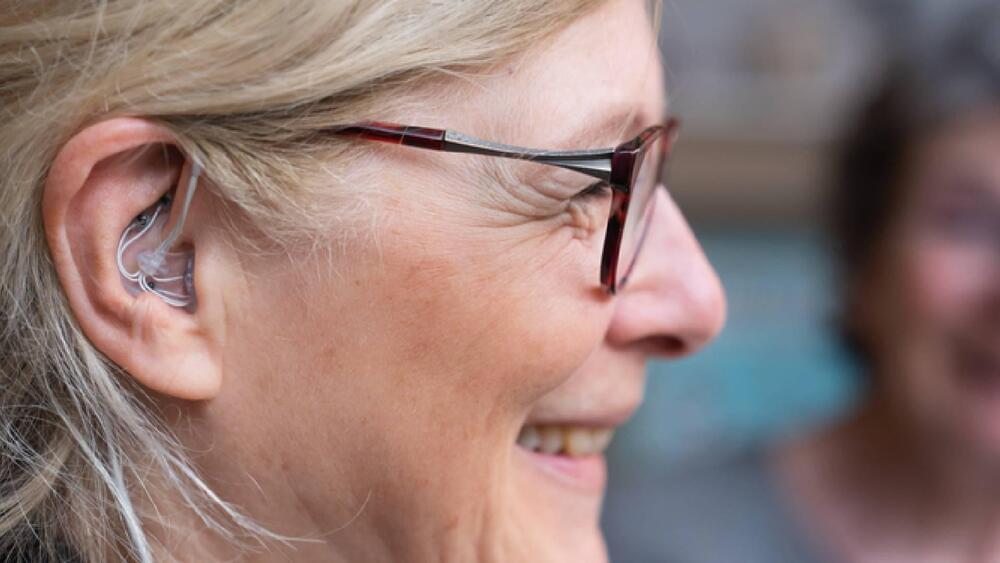
New ‘ear-EEG’ device could be used for early detection of neurodegenerative disorders
A new project called Progression Assessment in Neurodegenerative Disorders of Aging or PANDA aims to detect subtle changes in a person’s sleep patterns that may indicate the onset of Alzheimer’s or Parkinson’s disease. The collaboration of this four-year project involves Rigshospitalet University, Denmark’s Aarhus University, and MedTech company T&W Engineering. The project has received funding of DKK 15 million to develop and test a small earbud-like experimental device that can detect the early signs of these diseases.
The Ear-EEG Technology
Unlike the traditional sleep-monitoring systems that require a person to stay in a clinic with multiple electrodes attached to their body, the ear-EEG allows for comfortable, long-term use at home. The device monitors electrical activity in the brain by measuring tiny voltage changes on the skin surface within the ear canal. It is also equipped with an oximeter for measuring blood oxygen levels, a microphone for monitoring respiration and heart rate, and a thermometer for measuring body temperature.

Study Says Staying Positive About Aging May Help Reverse Cognitive Decline
The researchers found those who showed positive age beliefs were 30% more likely to recover from cognitive impairment than those who held negative age beliefs, irrespective of the severity of the cognitive decline. The time for recovery was also quicker in people with positive age beliefs.
They also found that the participants who stayed positive about aging were less likely to develop mild cognitive impairment over 12 years.
It is widely believed that memory loss associated with aging is irreversible. However, a new study says people who embrace aging positively may recover from cognitive decline.
Cognitive decline in older adults includes difficulty in thinking, memory, concentration, and other brain functions. The cognitive impairment may strike all of a sudden or gradually progress with age.
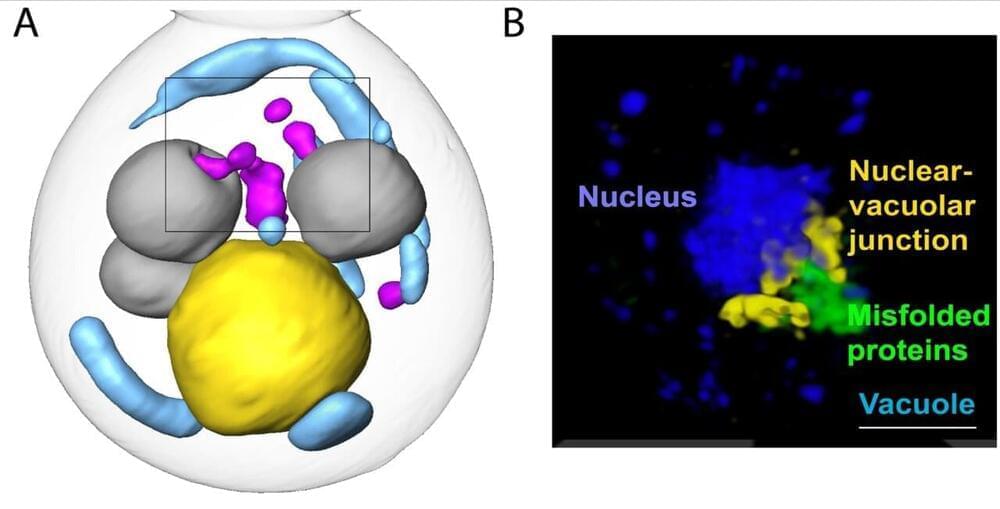
Study finds new pathway for clearing misfolded proteins
Misfolded proteins are toxic to cells. They disrupt normal functions and cause some age-related human degenerative diseases, like Alzheimer’s, Parkinson’s, and Huntington’s diseases. Cells work constantly to eliminate misfolded proteins, but these clearance mechanisms are still poorly understood.
In a new study published April 20 in Nature Cell Biology, researchers at Stanford University discovered a previously unknown cellular pathway for clearing misfolded proteins from the nucleus, the compartment where the cell stores, transcribes, and replicates its DNA. Keeping junk away from those processes is critical to normal cellular function. The new pathway could be a target for age-related disease therapies.
To find the new pathway, researchers in the lab of Judith Frydman, the Donald Kennedy Chair in the School of Humanities and Sciences, integrated several genetic, imaging, and biochemical approaches to understand how yeast cells dealt with misfolded proteins. For the experiments, the team restricted misfolded proteins to either the nucleus or the cytoplasm—the area inside the cell but outside the nucleus. The team visually followed the fate of the misfolded proteins through live-cell imaging and super-resolution microscopy.
Hematopoietic Transfer of the Anti-Cancer and Lifespan-Extending Capabilities of A Genetically Engineered Blood System
A causal relationship exists among the aging process, organ decay and dis-function, and the occurrence of various diseases including cancer. A genetically engineered mouse model, termed EklfK74R/K74R or Eklf (K74R), carrying mutation on the well-conserved sumoylation site of the hematopoietic transcription factor KLF1/ EKLF has been generated that possesses extended lifespan and healthy characteristics including cancer resistance. We show that the high anti-cancer capability of the Eklf (K74R) mice are gender-, age-and genetic background-independent. Significantly, the anti-cancer capability and extended lifespan characteristics of Eklf (K74R) mice could be transferred to wild-type mice via transplantation of their bone marrow mononuclear cells. Targeted/global gene expression profiling analysis has identified changes of the expression of specific proteins and cellular pathways in the leukocytes of the Eklf (K74R) that are in the directions of anti-cancer and/or anti-aging. This study demonstrates the feasibility of developing a novel hematopoietic/ blood system for long-term anti-cancer and, potentially, for anti-aging.
The authors have declared no competing interest.
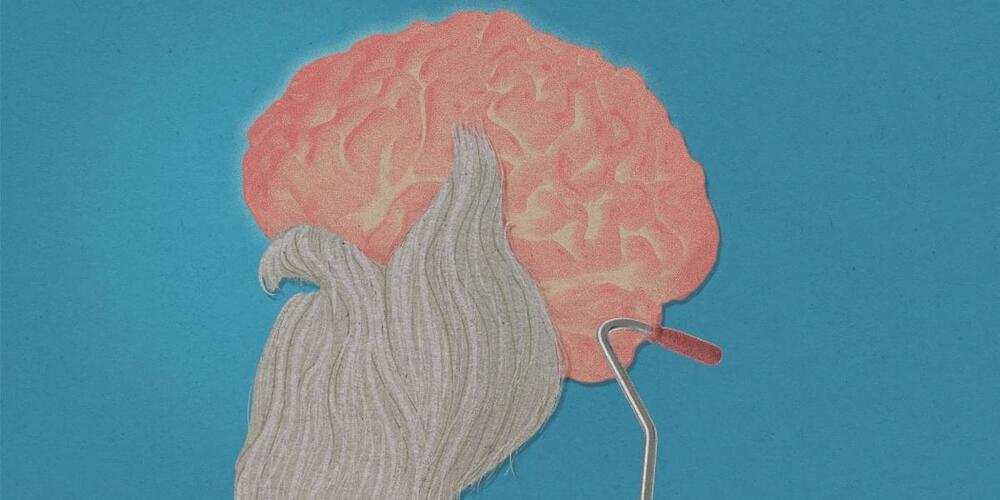
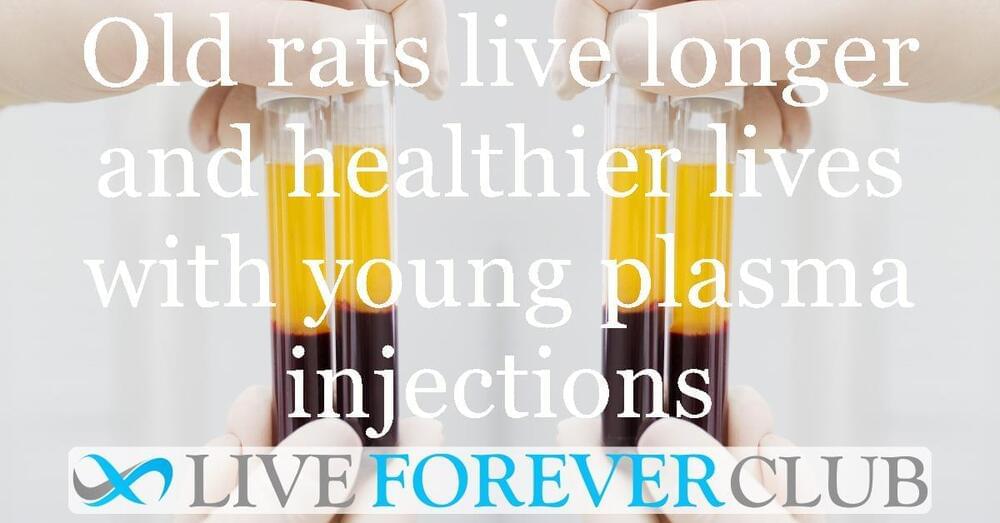
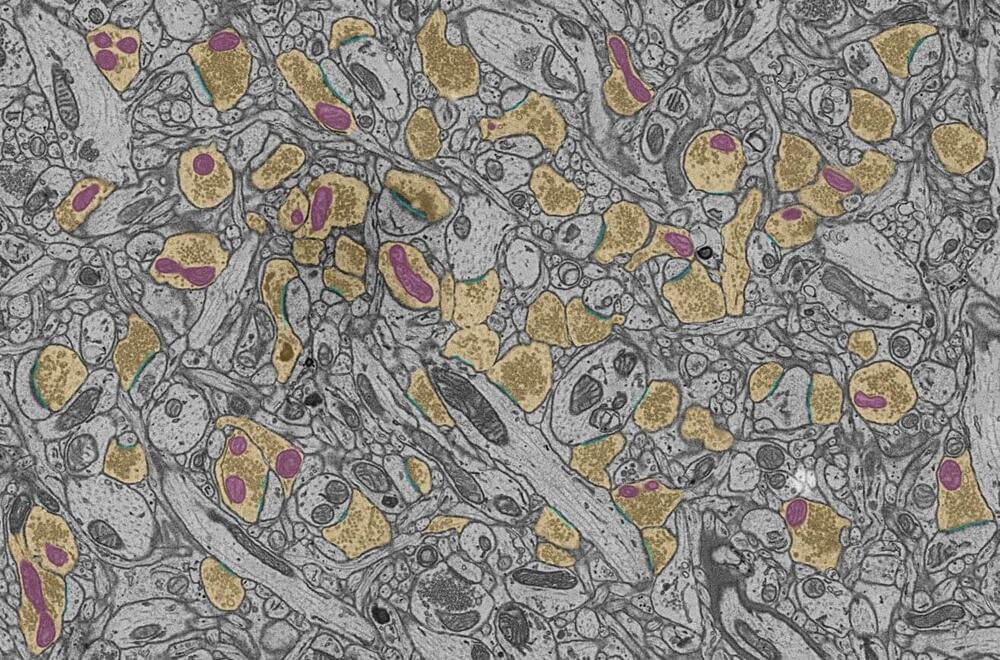
Mitochondria power supply failure may cause age-related cognitive impairment
Brains are like puzzles, requiring many nested and co-dependent pieces to function well. The brain is divided into areas, each containing many millions of neurons connected across thousands of synapses. These synapses, which enable communication between neurons, depend on even smaller structures: message-sending boutons (swollen bulbs at the branch-like tips of neurons), message-receiving dendrites (complementary branch-like structures for receiving bouton messages), and power-generating mitochondria. To create a cohesive brain, all these pieces must be accounted for.
However, in the aging brain, these pieces can get lost or altered, and no longer fit in the greater brain puzzle. A research team has now published a study in Frontiers in Aging Neuroscience on this topic.
“Fifty percent of people experience loss of working memory with old age, meaning their ability to hold and manipulate information in the short-term decreases,” says co-first author Courtney Glavis-Bloom, a senior staff scientist in Salk Institute Professor John Reynolds’s lab. “We set out to understand why some individuals maintain healthy working memory as they age, while others do not. In the process, we discovered a novel mechanism for the synaptic basis of cognitive impairment.”

Biological Age Increases With Stress and Is Reversed With Recovery, Study Suggests
A new study in both mice and humans has found that biological age is dynamic, and that some increases in biological age caused by stress can be reversed with recovery. The research is published in Cell Metab olism.
How can we measure age?
Our biological age is not completely linked to our chronological age. While chronological age is a measure of the amount of time you have been alive, biological age indicates how much aging has occurred to your cells over your lifetime.
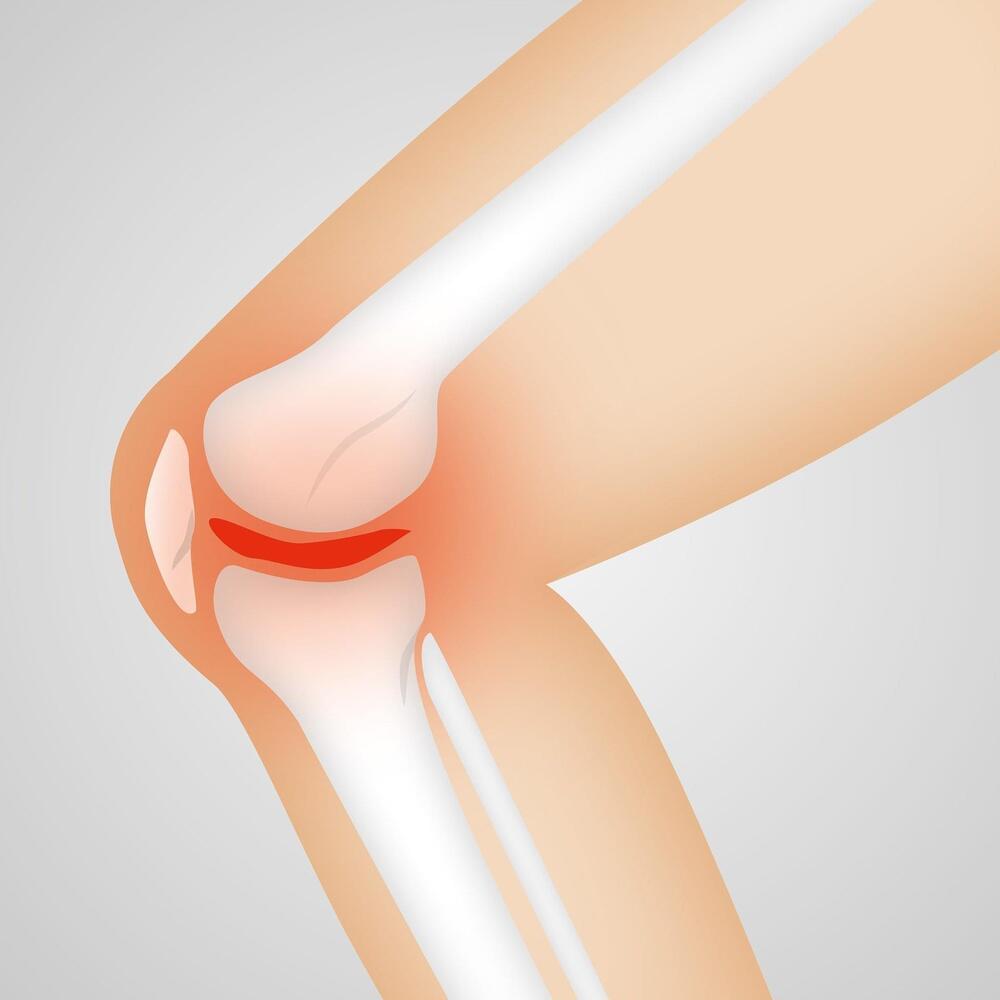
New injectable cell therapy could resolve osteoarthritis
Wake Forest Institute for Regenerative Medicine (WFIRM) scientists have created a promising injectable cell therapy to treat osteoarthritis that both reduces inflammation and also regenerates articular cartilage.
Recently identified by the Food and Drug Administration as a public health crisis, osteoarthritis affects more than 520 million people worldwide who deal with pain and inflammation. Osteoarthritis is typically induced by mechanical or traumatic stress in the joint, leading to damaged cartilage that cannot be repaired naturally.
“Without better understanding of what drives the initiation and progression of osteoarthritis, effective treatment has been limited,” said lead author Johanna Bolander of WFIRM. “Initially, we studied what goes wrong in osteoarthritic joints, compared these processes to functional environments, and used this information to develop an immunotherapy cell treatment.”